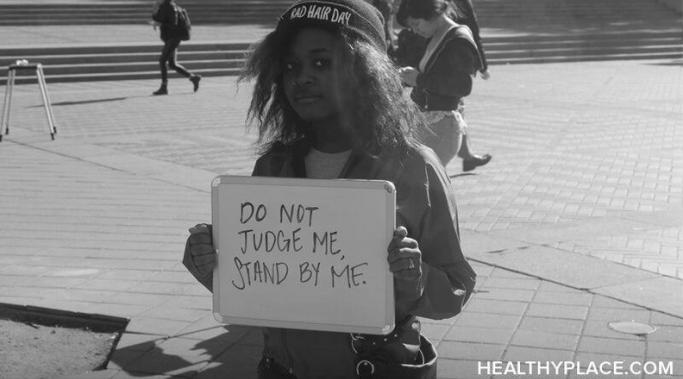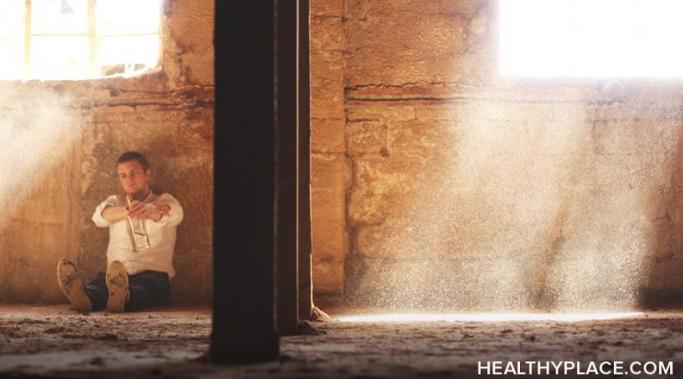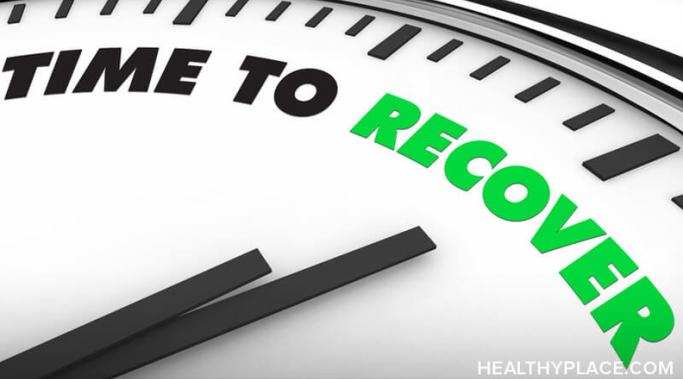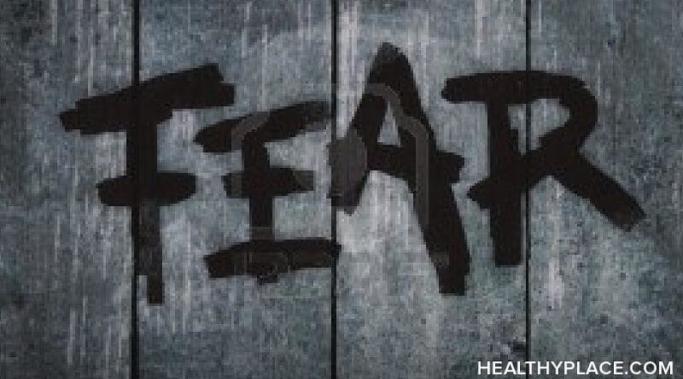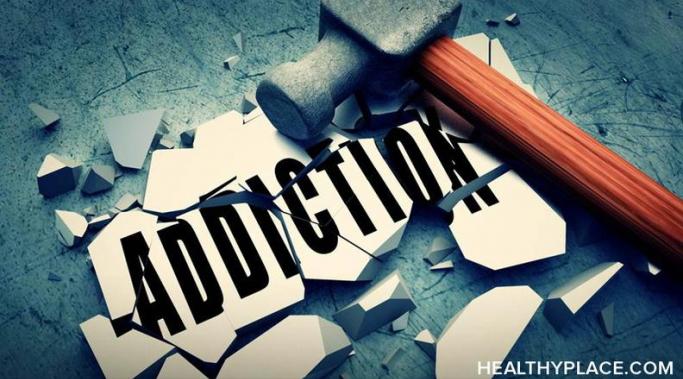Alcohol and opiate withdrawal symptoms can be extremely difficult, but vitamins may help people with substance use disorders by possibly easing withdrawal symptoms. Treatment methods range from quitting cold turkey to hospitalization. Sometimes medications can be prescribed to ease withdrawal symptoms (Opioids Withdrawal: How Bad Is It? Symptoms, Treatment). However, one concern for people trying to get clean is becoming dependent on another substance. It is always important to check with your doctor when considering alternative treatment so they can review your medical history and specific situation. For the scope of this post, I will cover the use of vitamins B and C for alcohol and opiate withdrawal symptoms.
Addiction Recovery
If you ignore self-care in recovery from addiction, you're putting yourself at risk for relapse. So, are you burning the candle at both ends or do you make everything else a priority, always putting yourself on the back burner? Not making self-care in recovery from addiction a priority is dangerous because self-care is the foundation we build our recovery on. We are learning to love and respect ourselves by practicing mindfulness, living in moderation, implementing healthy boundaries, improving sleep patterns, eating healthily and exercising. Self-care in recovery from addiction must be a priority and can be broken down into three parts.
Substance abuse stigma is but one obstacle on the path to addiction recovery. Legal troubles, medical issues, psychological problems, family issues, and work-related issues make up some others. But the stigma surrounding substance abuse adds insult to injury. For some, these obstacles to addiction recovery have the power to throw a person off the path to recovery. During a time when people need love, support, and encouragement, stigma makes recovery challenging. Substance abuse stigma can be found within an addict (self-stigma) and from outside influences.
“I just want to be normal. I don’t know what it’s like,” cried a tear-soaked heroin addict during a tough-love intervention. Her cry came after about 15 minutes of being yelled at, belittled, and degraded in front of 1000 viewers, all in the name of tough love. My heart broke into pieces for her because I’ve been that woman. I wanted to reach through my screen, hug her and tell her how precious she is. Tough love for addicts doesn't work.
Setting or maintaining boundaries with family and friends may be difficult if you are in recovery from addiction. The difficulty of setting limitations with others is a natural thing to experience in recovery because when you were in active addiction it’s likely that your boundaries were severely blurred or even nonexistent. The lack of boundaries in your life at the time may have led to manipulation, abuse, allowing others to take advantage of you and put you in harm’s way. It also leads to codependency in relationships, which likely fed your addiction and kept it active. But now you are in recovery, and it’s time to learn that setting and maintaining boundaries is essential to your recovery.
Acceptance in addiction recovery means you learn to accept the things you can’t change and focus on the things you can. Trying to change other people, living in the past, wishing things were different, and stressing over failed plans are the things that keep us stuck and cause great turmoil in our minds. I wasted an embarrassing amount of energy on things I was powerless over during my active addiction. I was so consumed by things I could not control, that I lost focus on the ones I could. Not knowing or misunderstanding acceptance in addiction recovery set me up to continually strive against the universe.
The first 90 days of addiction recovery are often the most critical. It is during these first few months that most relapses occur. You are very new to recovery, and even though you may have learned a lot about coping skills and relapse prevention if you went to treatment, you have not yet had the opportunity to put it into practice in your life away from rehab. Becoming comfortable at home without your drug of choice is something that takes time and patience, so it’s important to have a relapse prevention plan of action during these first 90 days of addiction recovery.
Do you fear addiction recovery? During my active addiction, I feared everything. Fear was the driving emotion in my life. I was afraid of an unknown future and was most afraid of becoming sober. I'd become comfortable in my mess and just the thought of anything different frightened me. The fear of addiction recovery hid itself in my untruths.
Sponsorship during addiction recovery is one of the tenets of 12-step groups like Alcoholics Anonymous (AA). Many who have gotten, and remained, clean and sober have done so with the help of a sponsor guiding them through the process of recovery. While it has proven to be an effective tool in 12-step circles, some wonder whether sponsorship in addiction recovery is really an important element.
A power greater than you can help with our addiction. A good example of insanity: doing the same thing over and over, expecting different results. That describes my addiction to a T. Of course, I knew that my actions caused myself and others great harm and yet I repeatedly chose those actions, thinking this time the result would be different. My life had become unmanageable and my very best efforts to abstain failed miserably. But once I acknowledged a power greater than me, God broke my addiction cycle and set me free.


